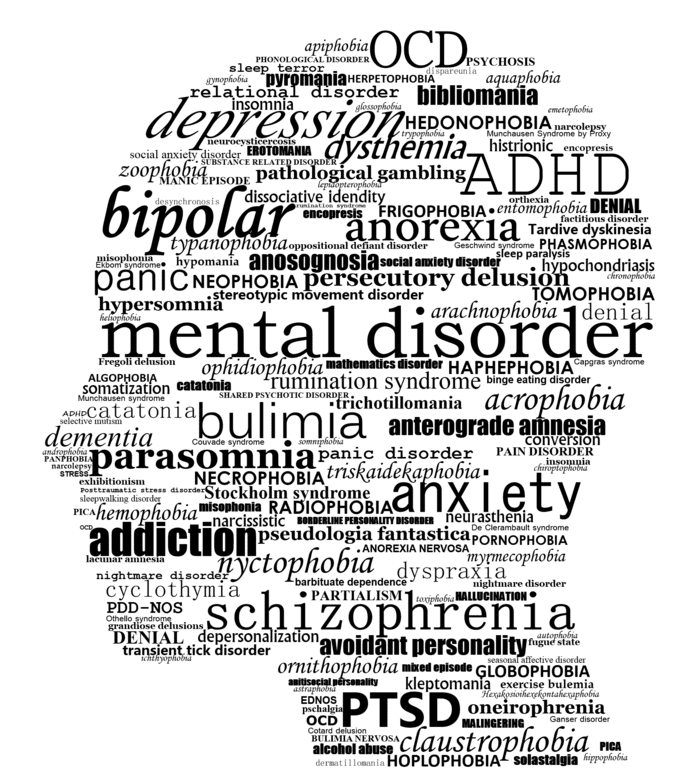
Most Veterans, whether they were exposed to combat or not, likely experienced some sort of traumatic event while in service. These traumatic experiences can lead to a variety of mental health disorders in the future. When most people think of a traumatic event and a resulting mental health condition, they typically think of PTSD. However, other mental health conditions can be caused by a traumatic experience, including bipolar disorder. In fact, two of the main risk factors for bipolar disorder (experiencing traumatic events and drug or alcohol abuse) are common among Veterans.
While anxiety, PTSD, and depression are the mental health illnesses most recognized by the public, the less common bipolar disorder is also a serious condition that could cause problems in your everyday life. Bipolar disorder can also lead to depression and cardiovascular disease in the future.
According to an article published in the Federal Practitioner, a peer-reviewed clinical journal serving health professionals, 4.4% of Veterans seeking treatment at the Veterans Health Administration (VHA) suffer from bipolar disorder.
We’ve heard from many Veterans who ask, “Are Veterans eligible for disability benefits for bipolar disorder?” Yes, Veterans can receive disability compensation for bipolar disorder. The VA categorizes bipolar disorder under VA diagnostic code 9432, and Veterans can receive up to 100% disability for the condition.
According to the National Institute of Mental Health, bipolar disorder, previously referred to as manic depression or manic depressive illness, is a mental health condition characterized by abnormal shifts in mood, energy, activity, and concentration. Currently, there are four types of bipolar disorder that the medical community recognizes:
Bipolar I Disorder: This type of bipolar disorder is characterized by 7+ day manic episodes with accompanying symptoms that are so severe the individual requires hospital care. Individuals suffering from Bipolar I Disorder will also likely experience 2+ weeks of depressive episodes.
Bipolar II Disorder: This type of bipolar disorder is characterized by patterns of depressive and hypomanic episodes. However, these episodes are not the as severe as the manic episodes associated with Bipolar I Disorder.
Cyclothymic Disorder: This type of bipolar disorder is characterized by periods of hypomanic symptoms and depressive symptoms lasting 2+ years.
Bipolar Disorder due to another condition: This type of bipolar disorder is caused by other medical conditions or substance abuse disorders.
Veterans suffering from bipolar disorder must display symptoms associated with the condition to receive a diagnosis. There are two main symptoms associated with bipolar disorder:
Veterans suffering from manic and depressive episodes should speak with a doctor as soon as possible.
One of the more difficult things to prove is that bipolar disorder was caused by service. Since bipolar disorder is typically the result of genetics, it may be difficult to pinpoint the exact moment in service that caused or exacerbated the disorder.
Veterans looking to receive service connection for bipolar disorder must have:
We often recommend Veterans utilize buddy statements or an independent medical examination to help prove their condition was caused by military service.
Berry Law understands the difficulties Veterans face when applying for disability benefits because they are a team full of Veterans. Founded in 1965 by Vietnam Veteran John Stevens Berry, Sr., Berry Law is committed to helping fellow Veterans in their fight for disability compensation. Berry Law features attorneys from the Army, Navy, Air Force, and Marine Corps.
If you were denied VA disability for bipolar disorder, you have the right to appeal. Berry Law has helped thousands of Veterans successfully appeal unfavorable VA decisions. Contact Berry Law today to receive a free case evaluation.
Our monthly newsletter features about important and up-to-date veterans' law news, keeping you informed about the changes that matter.